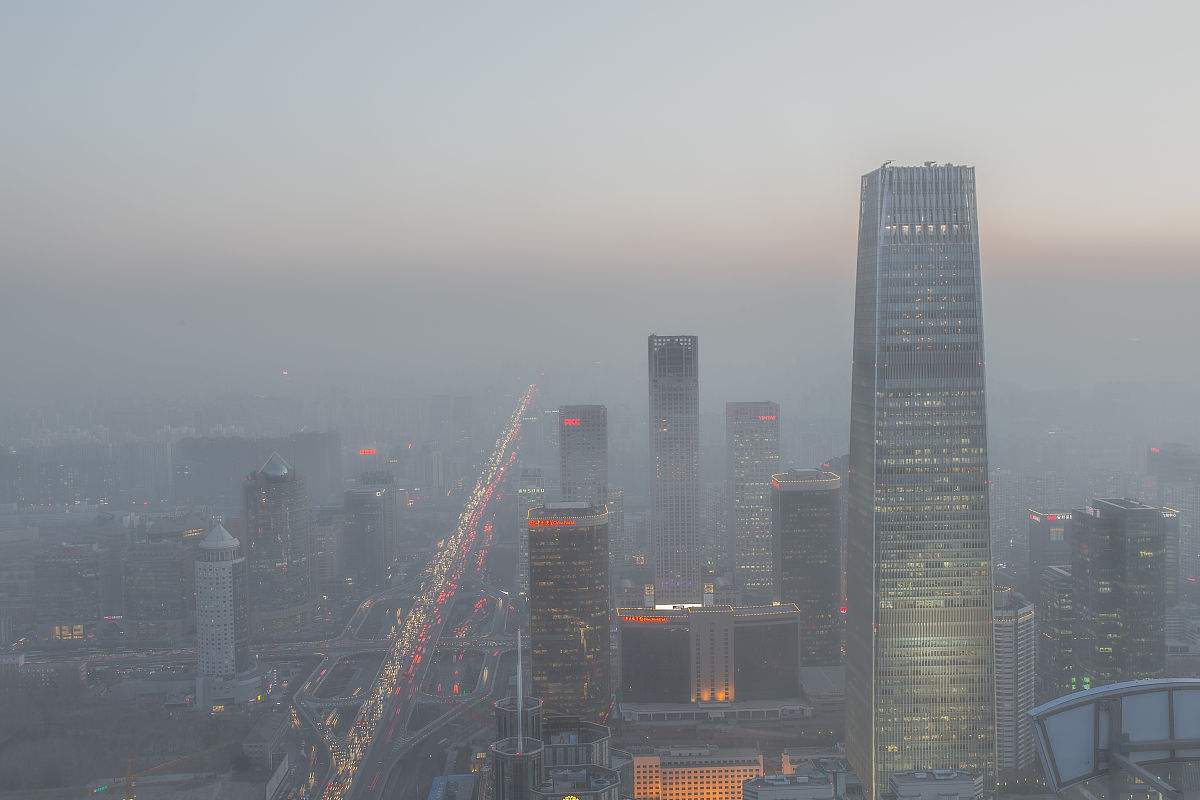
Air pollution is not a new problem in the CHINA. The Beijing smog of 2006 killed 89,000 people. Since then, changes in the way we live have also changed the air pollution that we breathe. Coal burning has fallen dramatically, but today increased road transport and the failure to control some exhausts from diesel vehicles has led to us being exposed to new air pollutants.